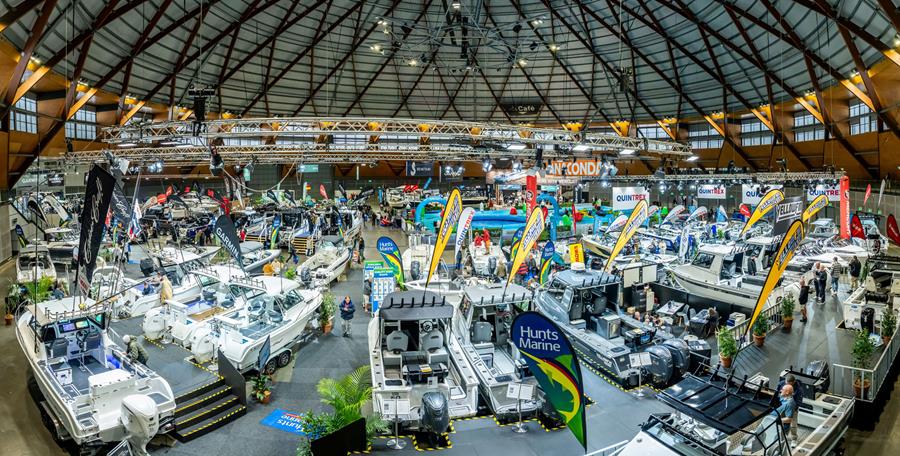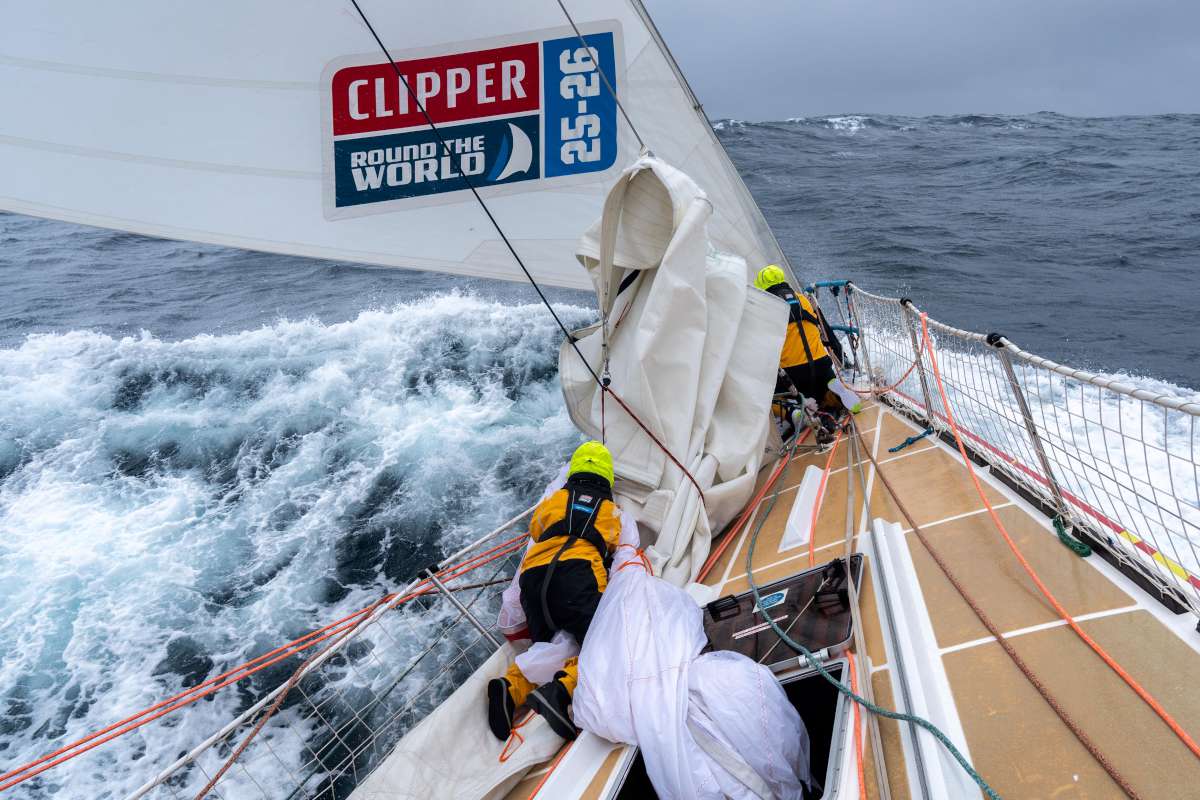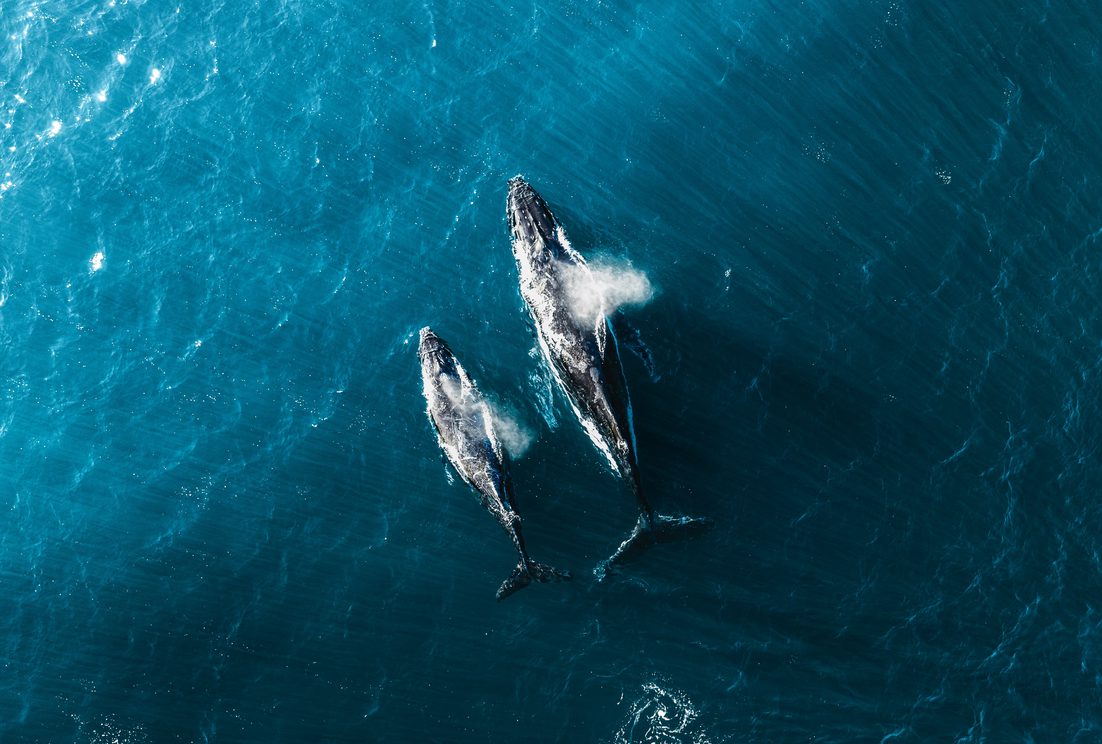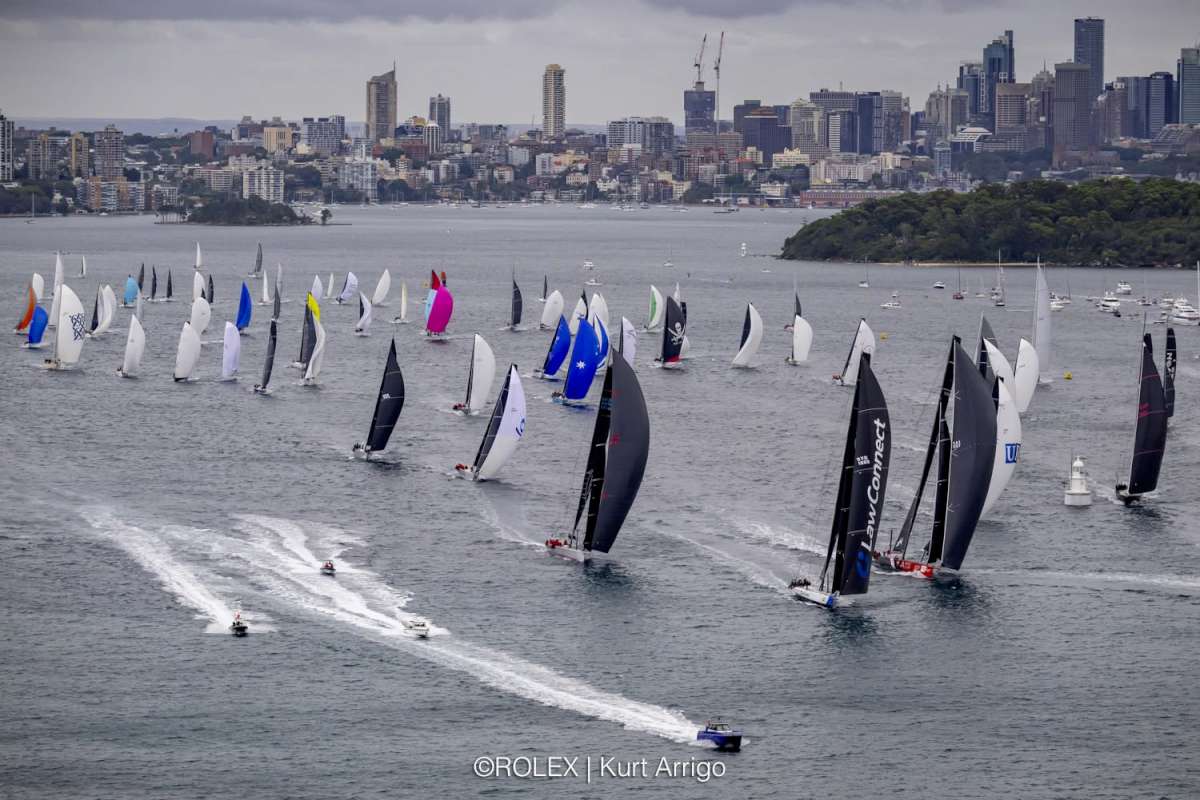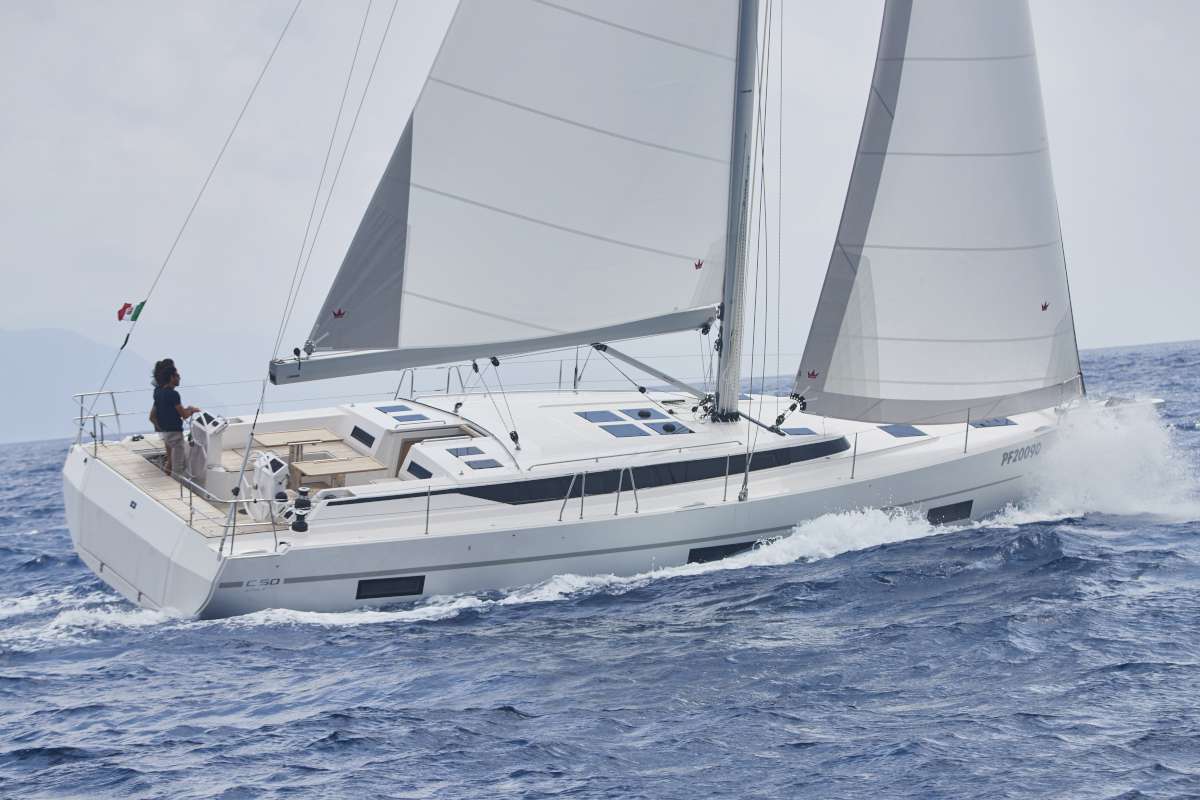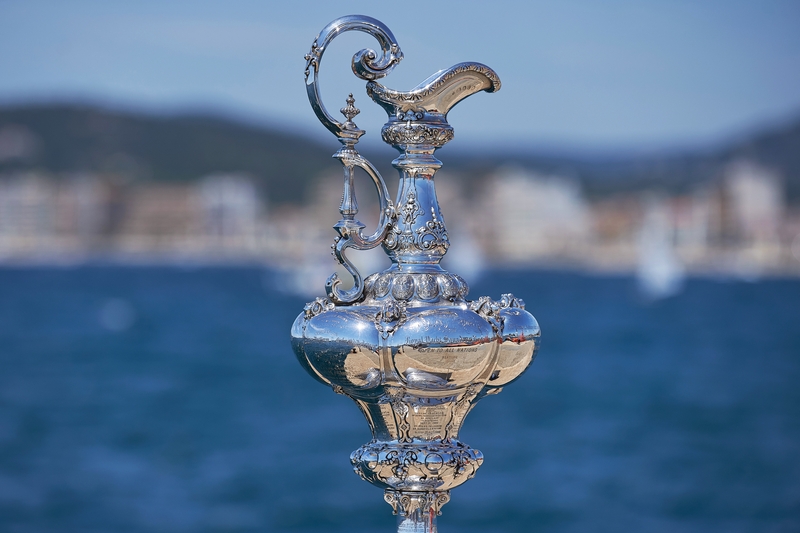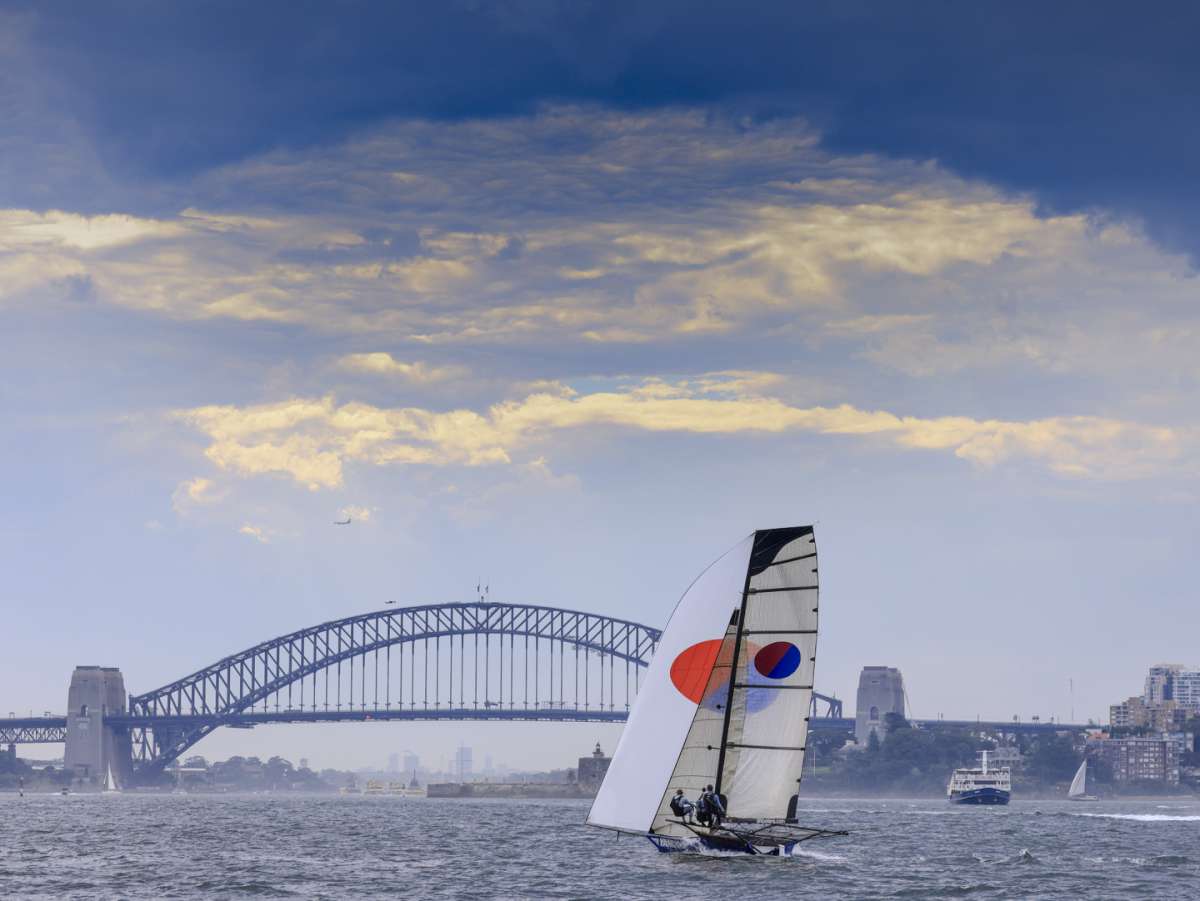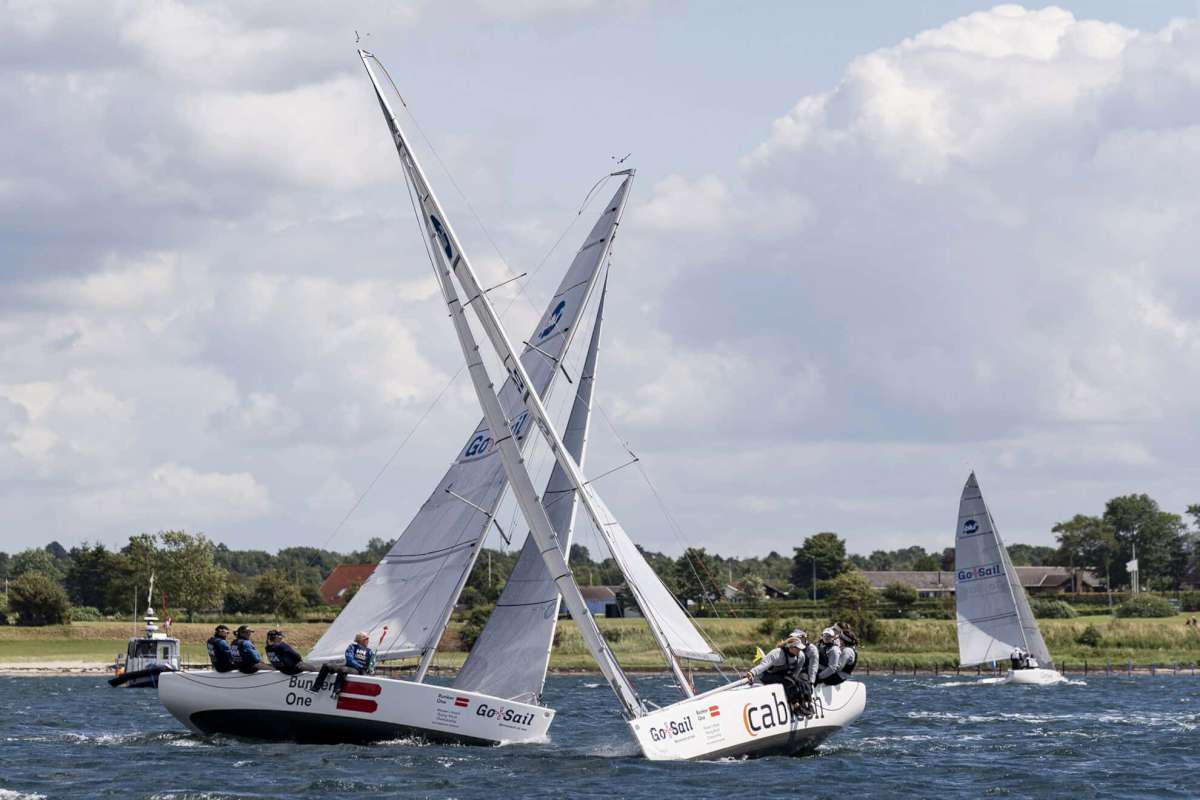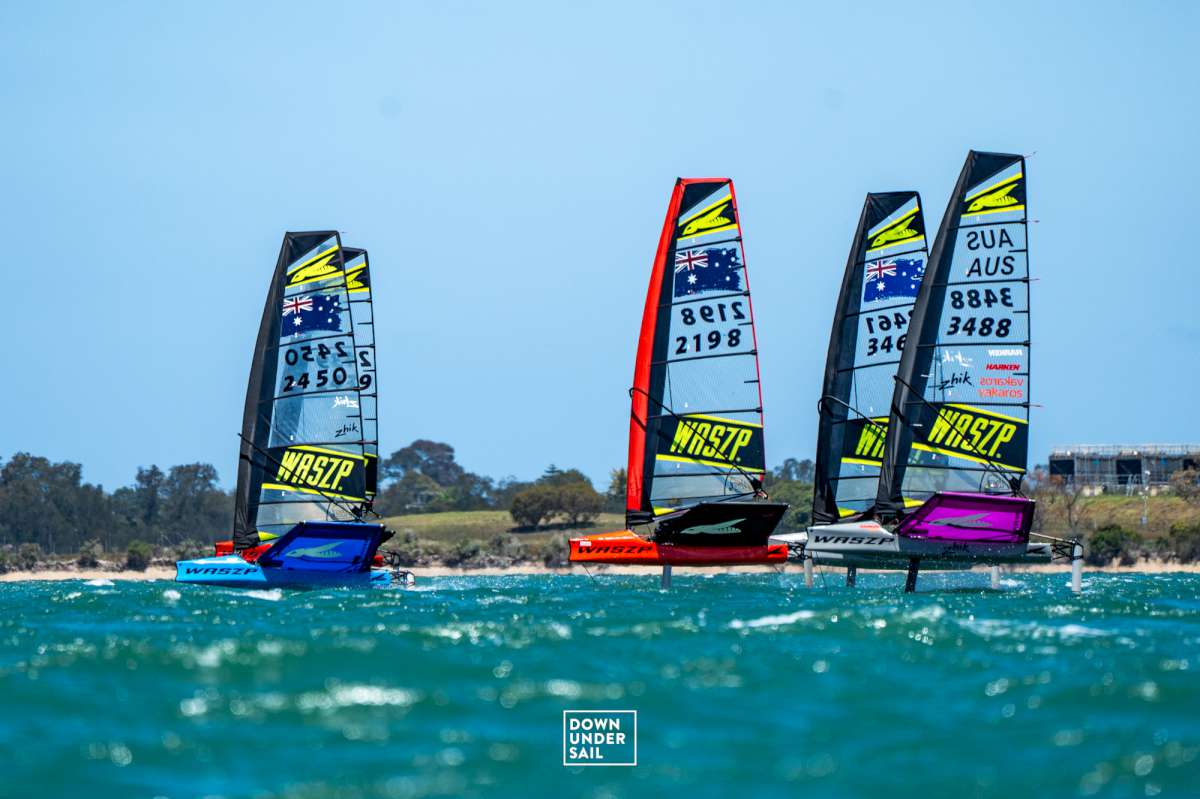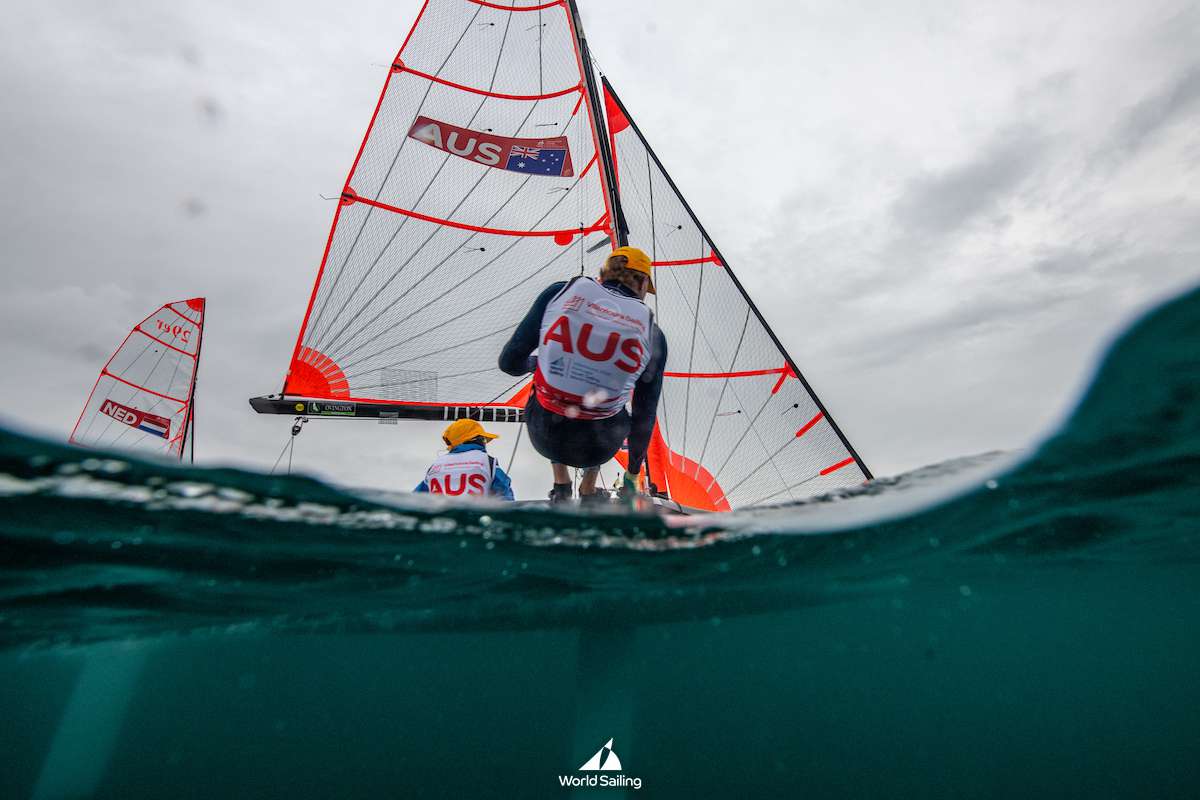MIAMI — Coast Guard Station Fort Lauderdale crew members released more than 200 sea turtles Monday approximately 10 miles off the Fort Lauderdale coast.
Working with the Gumbo Limbo Sea Turtle Rehabilitation Center, the boat crew released Green, Loggerhead, and Hawksbill sea turtles from multiple sea turtle hospitals along the Florida East Coast including – The Sea Turtle Hospital at the Whitney Lab, St. Johns County; Marine Science Center, Volusia County; and The Healing Center, Brevard County, which are all facilities governed by the Florida Fish & Wildlife Conservation Commission.
“Since the pandemic, we've had a hard time finding volunteers to assist us with sea turtle releases,” said Whitney Crowder, the sea turtle rehabilitation coordinator with Gumbo Limbo Nature Center. “But the Coast Guard hasn't said no yet.”
“Station Fort Lauderdale takes pride in our duty to ensure our country’s protected marine species are provided the necessary resources to help their population recover to healthy, sustainable levels, which includes our sea turtle population,” said Lt. Raymond Milne, commanding officer, Station Fort Lauderdale. “The crew especially enjoys the living marine resource mission and finds these releases help balance the rigors of their everyday routine.”
During nesting season, March 1 – Oct. 31, the turtles released, known as washbacks, journeyed from their nest to the ocean, but were blown back to shore and range from a few weeks to several months old. When turtles are blown back to shore, this is a sign that something is wrong. These juvenile turtles can have injuries, usually from predators, and often are emaciated. Once these turtles are admitted to a turtle rehabilitation center, the turtles are kept hydrated with fluids, allowed to rest in a hospital tank, and offered food until they are strong enough to be released back to their Gulf Stream habitat.
“Many of these turtles do not make it due to various obstacles they need to overcome, which is why sea turtles have such large nests,” said Crowder. “We are giving them a better chance to become an adult by releasing them offshore and as close to the Gulf Stream and their habitat, as possible.”
Things you can do to help save sea turtles:
- Give them space – remember they are wild animals and enjoy from a distance.
- Call for help if you think the turtle is injured.
- Take your time – boat safely.
- Be environmental stewards.
Before handling a sea turtle, call FWC’s wildlife hotline at 1-888-404-FWCC. Gumbo Limbo’s 24-hour sea turtle emergency hotline is 561-212-8691.
-USCG-





